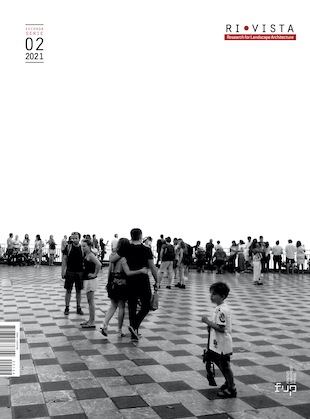Published 2022-01-27
Keywords
- infrastructure,
- social re-appropriation,
- architectural prototype,
- landscape,
- Post-soviet cities
- Urban Landscape,
- urban stairway,
- urban regeneration ...More
How to Cite
Abstract
The research concentrates on the difficulties of defining a city by the dichotomy of public and private spaces, as these categories are often ambiguous in terms of use of space, land property and limits. These urban phenomena of uncertainty have been significantly increased after the drastic switch from socialism to privatization in the post-Soviet countries, afterwards resulting as a spontaneous and uncontrolled urban tissue.
The study focuses on the capital of Georgia, Tbilisi, where, by developing site-specific projects for the neglected urban fragments, finds the opportunity to reflect on the role of public space in the contemporary city. The contradictions of a post-Soviet city demonstrate the difficulties to operate with large scale actions. However, it still suggests the possibility to modify the urban condition through punctual interventions. The architectural proposal has been developed in the frameworks of Tbilisi Architecture Biennial 2020 on the topic of Commonness.






